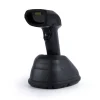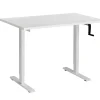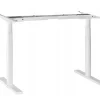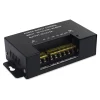In an age of technological innovation and a growing fascination with accuracy, scales play a key role in our daily lives. They are used not only in our kitchens to weigh ingredients, but also in laboratories, manufacturing plants, gyms and many other places. Although for many people they are simple devices that simply show how much something weighs, the mechanism of their operation is more complicated and intriguing than it seems.
In this post, we’ll take a closer look at how different types of scales work, from the simplest mechanical models to advanced digital versions. Let’s dive into the fascinating world of precision and learn how the technology has evolved over the years to serve us in increasingly sophisticated ways.
Types of scales
Scales are key tools used in many industries and walks of life. There are many types of scales that are designed to meet different requirements and applications.
We can divide scales based on two criteria: the mode of operation and the type of scale.
Method of operation
With regard to the way scales work, we can divide them into electronic and mechanical.
Mechanical scale– this is the classic type of balance, which works on the principle of balance. It consists of a frame and a series of weights that are moved along the scale to find the correct weight.
Electronic (digital) scales – uses sensors to convert pressure (or strain) into a readable digital reading. It has an electronic display and can operate wired, or depending on the model, wirelessly via a built-in rechargeable battery.
Type of weight
There are many different types of scales on the market. Below are some of the more popular types of weighing devices.
- Hook scale (hanging, suspended): equipped with a special hook, on which the products are hung for weighing. The scale itself should be suspended anywhere.
- Platform scale: constructed to weigh heavy objects that are placed on a large platform. Often found in warehouses and manufacturing plants.
- Pocket scale: a small, portable scale often used by people weighing small items such as jewelry.
- Store scale: a compact scale with a metal platform for stacking products such as fruits and vegetables. It often has more than one display. Ideal for grocery and vegetable stores.
- Laboratory scale: a specialized high-precision balance, often used in chemical or biological laboratories.
- Industrial scales: for weighing very heavy objects in industrial environments. They are often platform scales with a large weighing range.
- Bridge scale: used for weighing trucks, railroad cars, etc. It is mounted into the surface of the road or railroad tracks.
- Pharmacy scale: a small, precise scale used in pharmacies to weigh drug ingredients.
- Kitchen scale: designed to weigh food ingredients. It can be mechanical or electronic.
- Personal scale: It is used to measure the weight of people.
In today’s post we will cover and discuss hook, platform and store scales in more detail.

Hook scale - mode of operation and application
Hook scale, also called overhead or hanging scale, is made of strong steel, which guarantees resistance and durability. It is designed for weighing and checking the weight of various types of goods. Depending on its size and maximum load capacity, it allows you to weigh small and large-sized products.
Method of operation
The hanging scale is designed to be suspended by a sturdy sling made of steel. After hanging the scale in a convenient place for the user, the equipment should be started with a dedicated button. The scale is ready for operation when the display shows a value of 0. If the displayed value is different, use the TARE or ZERO button. Products are weighed by hanging them on a special steel hook. The scale is equipped with a special tensile-sensitive sensor, which allows you to make a precise measurement. The result is displayed on a clear and easy-to-read LCD display.
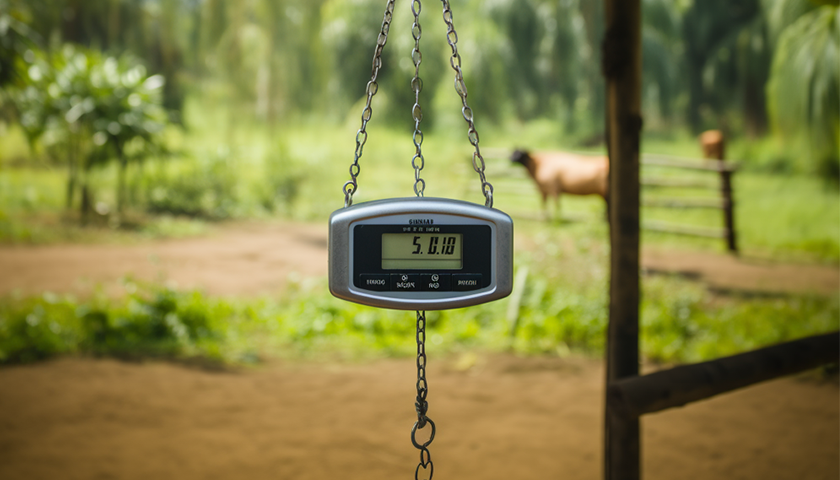
Application of overhead scales
Hook scales, depending on their size and maximum load capacity, can be used to weigh a variety of products in many industries.
Compact scales, almost pocket-sized, offering a maximum load capacity from a few kilograms to a few dozen or even a few hundred, will work well in many home or hobby applications. Hanging scales up to a few or a dozen kilograms can be successfully used as luggage scales. Flying on vacation? You know the maximum allowable weight of luggage you can have, but don’t know how much your suitcase weighs? A small, compact hook scale will come to the rescue, on which you can hang your travel bag, thus saving you the nerves at the airport, when weighing your luggage with a professional airport scale.
Are you an angler and fishing? Have you caught an interesting piece, but are not sure if it meets the weight requirements of your catch? No problem, a scale that can serve as a luggage scale will successfully work as a fishing scale.
Weighing devices with a slightly higher maximum capacity, from tens to hundreds of kilograms, can be successfully used by hunters to check the weight of hunted animals, in which case our compact scale will act as a hunting scale.
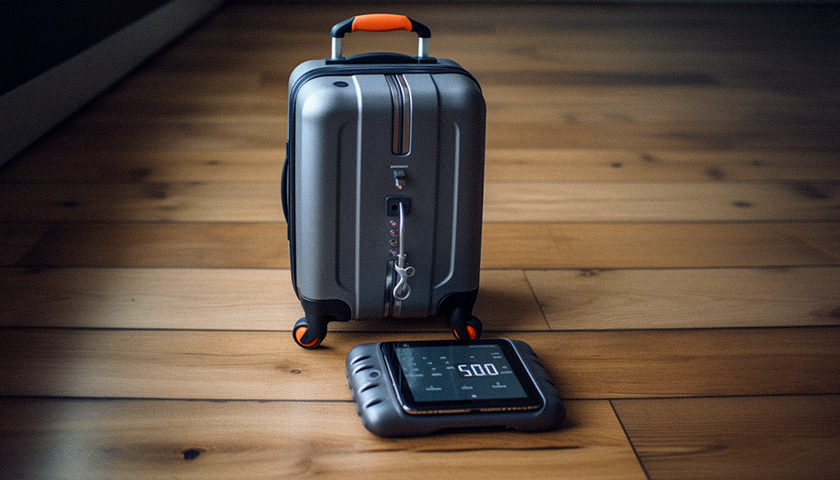
On the other hand, scales with larger dimensions and a much higher maximum load capacity are often used for weighing large-sized products. Lifting capacity in the range of several hundred kilograms to even several tons, allows hook scales to be used in such places as warehouses, production halls, warehouses and even farms. Warehouse and industrial scales guarantee safety and high durability, with a thoughtful design that helps save working space.
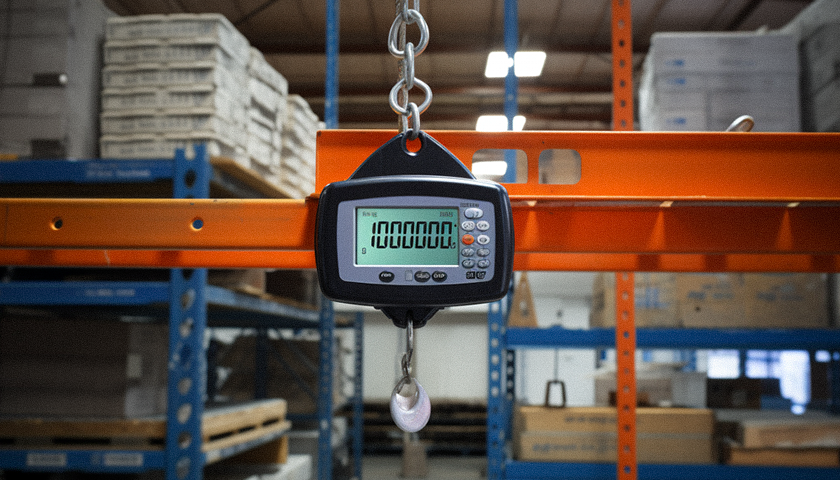
As we can see, overhead scales have a rich range of applications and are used both in domestic settings and in various types of businesses and enterprises. Hook scales are therefore versatile, allowing each user to find a weighing device adapted to his requirements and preferences.
Platform scales - mode of operation and application
Made of strong, durable steel for resistance, the platform scale is ideal for harsh industrial environments. It features a larger size than hook and store scales. It is designed to be placed anywhere in the workspace and is used to check the weight of larger goods. It has a metal platform and a special stand with a control panel and measurement displays.
The way the platform scale works
The scale is equipped with a metal platform, on which products are placed for weighing. The platform has special grooves so that the placed goods do not move. The weighing system has strain gauge force transducers, which measure the pressure exerted on the surface, and recorded algorithms convert the value, displaying the result on the display in kilograms or pounds. The device often has a folding stand on which the control panel is located, along with electronic displays.
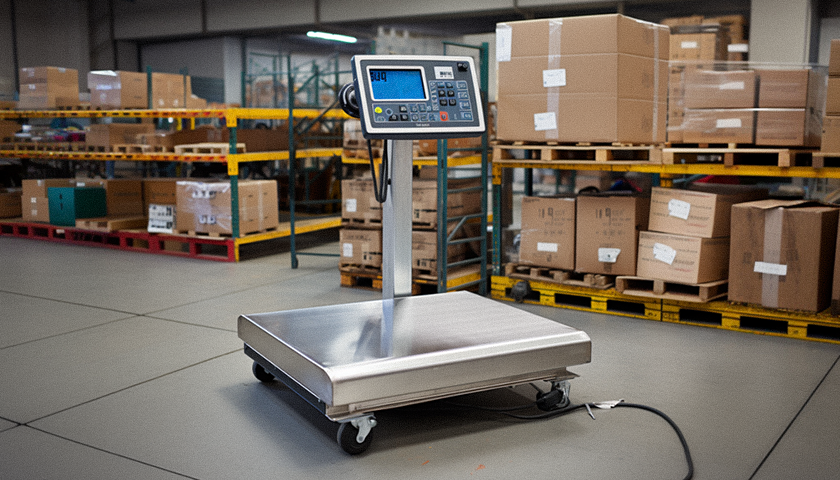
Application of the platform scale
This type of scale will find application wherever there is a need to check the weight of bulky goods with irregular shapes that cannot be hung on the hook of a hanging scale. Thus, the platform scale is ideal for shipping centers for weighing parcels, for warehouses, as well as for farms.
Did you know that...
- The first scales probably appeared in ancient Egypt about 5,000 years ago. They were simple balancers that used weights to balance the load.
- In ancient Rome, a popular type of balance was the "Romana steelyard," a type of hanger scale that used the principle of balance.
- In many ancient cultures, scales were symbols of fairness and justice, highlighting their crucial role in trade.
- In astrology, the zodiac sign Libra symbolizes balance and harmony. This is a reference to the ancient scales that were used to measure and achieve balance.
- Scales in space: In microgravity conditions, traditional scales don't work. That's why astronauts use special devices to measure weight in space.
- In the 20th century, electronic scales began to be manufactured, allowing for more accurate measurements and automatic functions, such as tare and recording weighing results.
Store scales - mode of operation and application
The store scale is an advanced device with a small size, allowing it to be placed seamlessly on the store counter. The compact size saves working space, and made of high quality materials, guarantees durability and long life. They are equipped with convenient buttons for entering values and easy-to-read displays, showing not only the weight of the weighed product, but also its price.
How a store scale works
The store scale has a metal tray on which items are placed to check their weight. Its operation has been based on electronic systems. On the frame that makes up the scale’s structure is a measuring transducer, on which a metal weighing platform is placed. The measuring transducer deforms under the action of gravity and sends an electrical signal, which is then converted by the control module and displayed on the display, as a value specified in kilograms or pounds.
It is not uncommon for store scales to have several displays located on the front and back of the device. Thanks to this solution, both the seller and the buyer have an overview of the weight of the product currently on the weighing platform.
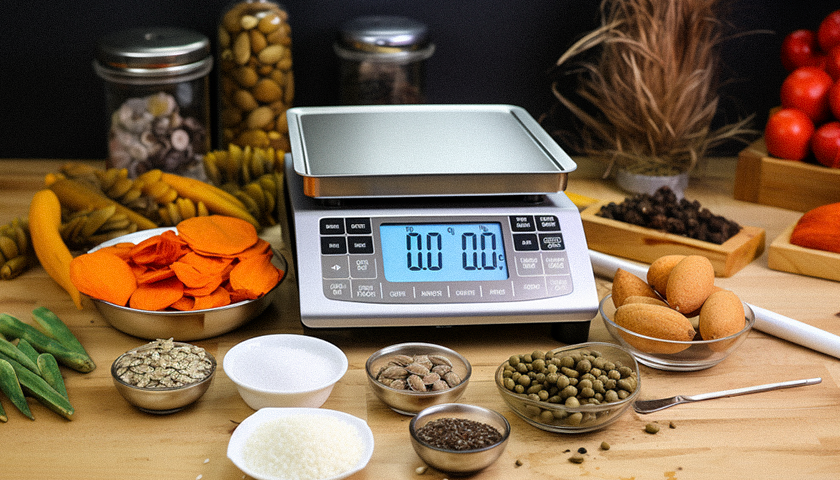
Application of a store scale
Store scales, as the name itself suggests to us, are recommended and most often used precisely in all kinds of stores and wholesalers, where we have to deal with goods that do not have packaging, such as fruits, vegetables, loose products or metal articles, such as screws or caps and the like. That’s why you’ll find them in grocery, vegetable or hardware stores, and recently they’ve become increasingly popular in supermarkets for customers to measure the weight of fruits and vegetables themselves.
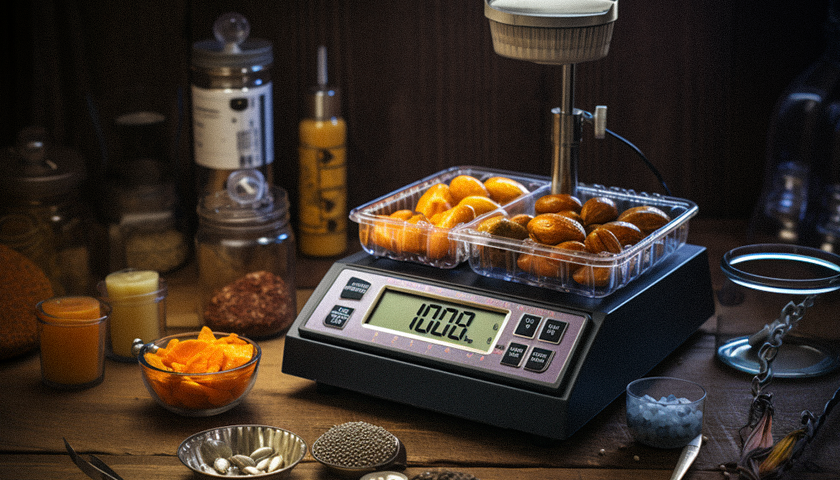
Summary
From ancient Egypt to Rome to modern laboratories, scales have played a key role in shaping our society and technology. Over the centuries, they have evolved from simple equivalents to sophisticated, digital devices capable of accurately measuring even millionths of a gram.
In today’s world, scales are not only tools of commerce or science, but also symbols of accuracy, fairness and justice. By understanding the diversity and technique of these devices, we appreciate the tremendous technological advances that have been made over the years and the crucial role that scales play in our daily lives.
Whether you are a scientist, trader, cook or ordinary consumer, scales will measure and verify the value of what you have in your hand.
![High-level security and control – Access Control Systems [2024]](https://hdwrglobal.b-cdn.net/wp-content/uploads/2024/05/transparent-thegem-product-justified-landscape-s.png)










